The short answer from a sleep expert
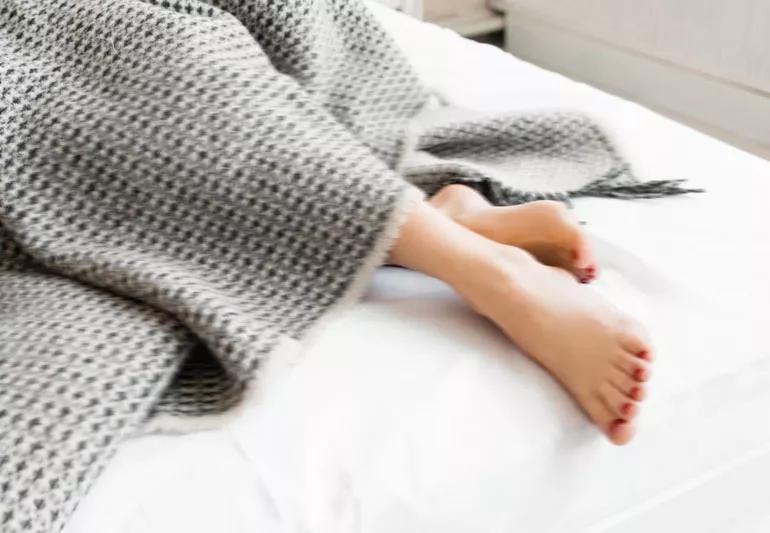
A: Typically, restless legs syndrome (RLS) affects one leg or both legs. But sometimes it can affect other areas of the body, such as the arms and torso. When this happens, it’s usually a sign that the condition is worsening.
Advertisement
Cleveland Clinic is a non-profit academic medical center. Advertising on our site helps support our mission. We do not endorse non-Cleveland Clinic products or services. Policy
With RLS, the areas of the brain and the pathways that connect to those areas are mainly responsible for sensations in the legs. So it usually starts off in the legs, but in severe cases it may spread to other parts of the body.
Restless legs syndrome can also be associated with involuntary jerking of the legs and arms, known as periodic limb movements in sleep (PLMS). These movements can be seen in a sleep study with most patients with RLS, but PLMS can be seen in people who don’t have RLS and usually doesn’t affect sleep quality.
If you’re experiencing RLS, try developing a relaxing bedtime routine like taking a warm bath and reading a book outside of your bed. Light stretching and walking can also help relieve symptoms. Or try a weighted blanket, light massage or a warm or cold compress. And remember, alcohol, caffeine and nicotine can all negatively affect RLS.
– Sleep expert, Andy Berkowski, MD.
Advertisement

Sign up for our Health Essentials emails for expert guidance on nutrition, fitness, sleep, skin care and more.
Learn more about our editorial process.
Advertisement

At-home treatments and lifestyle changes may help ease the symptoms and improve the appearance of varicose veins — but they aren’t a cure

Regular exercise, an iron-rich diet, adequate sleep and bedtime routines that include a warm bath or massage may help with your kid’s RLS
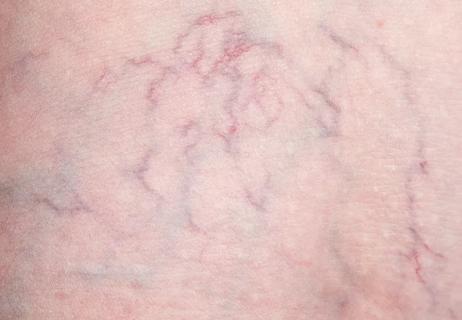
Unlike varicose veins, spider veins don't necessarily indicate poor circulation
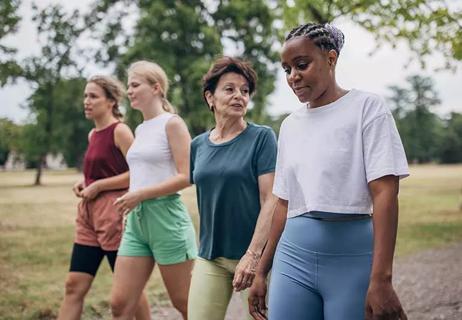
Cardio can reduce the appearance of varicose veins, but only temporarily
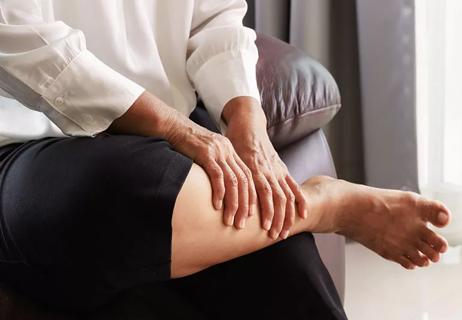
It could be your feet need a rest, but swollen legs may also be a sign of a serious condition
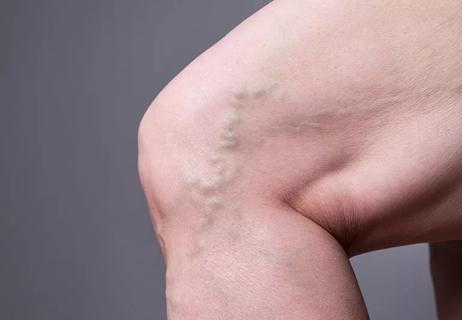
Some symptoms should be taken seriously
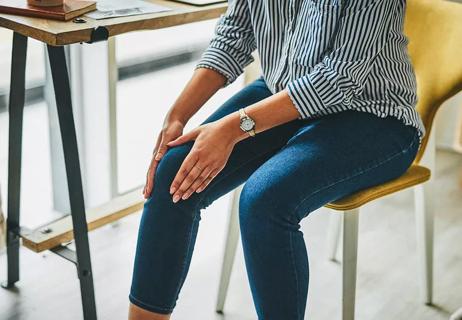
Pain may signal a damaged nerve or herniated disk
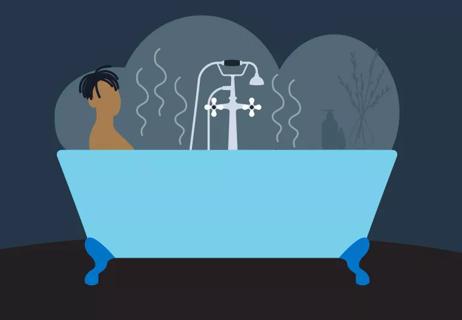
Strategies for getting the sleep you need

Even small moments of time outdoors can help reduce stress, boost mood and restore a sense of calm

A correct prescription helps your eyes see clearly — but as natural changes occur, you may need stronger or different eyeglasses

Both are medical emergencies, but they are very distinct events with different causes